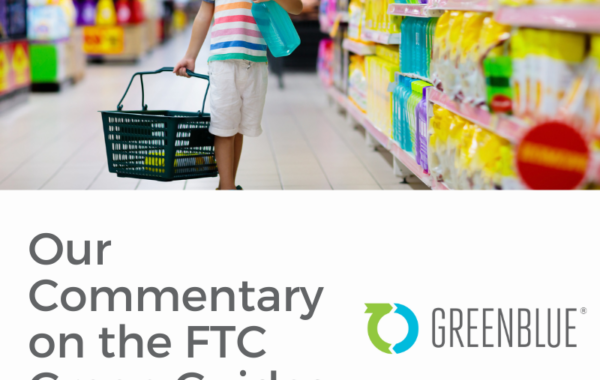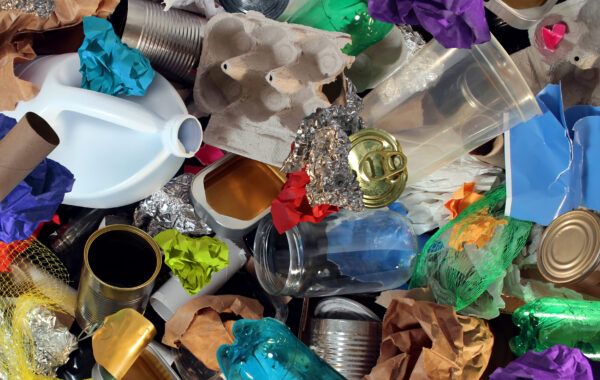August 4, 2020
How CPGs, retailers, and foodservice businesses can make progress on reusable packaging despite the pandemic
On one hand, the COVID-19 pandemic has presented reusable packaging with new obstacles. Despite a lack of consensus on whether the virus can be transmitted via surfaces, many companies have put on hold their reusable shopping bags, reusable coffee cups, and package-free areas of the store. Yet seen from another angle, the pandemic is an opportunity to drastically innovate reusable and refillable packaging. As part of global commitments to more recoverable packaging, reusable and refillable options will be key to helping to eliminate unnecessary packaging.
CPGs, retailers, and foodservice businesses can use this time to create reusable packaging that leapfrog past challenges to enhance the consumer experience. Here’s how:
- CPGs: Refill at home is a highly viable and timely option for consumables Refillable packaging continues to be a promising alternative to single-use packaging for deodorant, cosmetics, cleaning products, and even beverages. The primary packaging for these consumables can be refilled with new product inserts, concentrates, pourable liquids, and cartridges. Because the refill is done at home, there are no concerns with surface transmission or perceived uncleanliness. Turning to refill may help create an end-of-life recovery option for items that are typically in difficult-to-recycle formats, such as cosmetics containers or spray bottles. Consumer demand for alternatives to single-use remains high, and with people staying at home more than ever, the market is ready for new refill-at-home innovations. This means it’s time for brands and manufacturers to experiment with new formats, delivery systems, and formulations that support refills.
- Retailers: Invest in dispensing systems that optimize the bulk experience
Before the pandemic, supermarkets offering bulk aisles catered to a savvy, motivated audience and assumed they understood how refill works, investing little in consumer education or promotion. Not only were many of these bulk stations physically open to contamination, they ultimately lacked the convenience offered in other areas of the store.Moving forward, retailers can invest in innovative dispensing systems that eliminate long-standing concerns and create a better user experience. One example is MIWA, which has created dispensers with smart capsules that store bulk products, provide information, and keep the product safe and clean. These systems offer additional benefits besides enhanced cleanliness- in the case of SmartBins, sensors can send restocking information and barcodes help streamline the weighing and payment process for customers. - Food service: Look for partners in collection and sanitization
When COVID-19 first prompted restaurants to pause their reusable programs, most had reuse in the form of bring-your-own cups or containers. These programs have historically relied on consumers to bring in clean containers, or for personnel to give items a quick rinse. Bring-your-own schemes depend on consumers that are engaged and don’t need extrinsic reasons to participate. Yet they have typically not addressed common challenges, not just around container cleanliness but also low participation rates. Moving forward, food service companies can turn to the growing number of startups ready to serve as partners in these reuse efforts. These companies, including Muuse, CupClub, USEFULL, and Dispatch Goods can take care of the logistics of collecting, washing, and redistributing containers and cups. They can also boost participation. Many are supported by apps that encourage users to return the items promptly and incentivizes continued participation with rewards.
Health concerns are still top of mind, but companies can continue to innovate and partner on reusable packaging solutions. Many of these solutions address not just new sanitation concerns, but also the ongoing issues with recyclability, convenience, and customer engagement. Seen in this light, reusable packaging innovations can be a solution to multiple challenges.
Curious to learn more about reusable packaging? Our on-demand training course, The Essentials of Reusable Packaging, is the first step to creating and advancing successful reusable pilots and business models.





